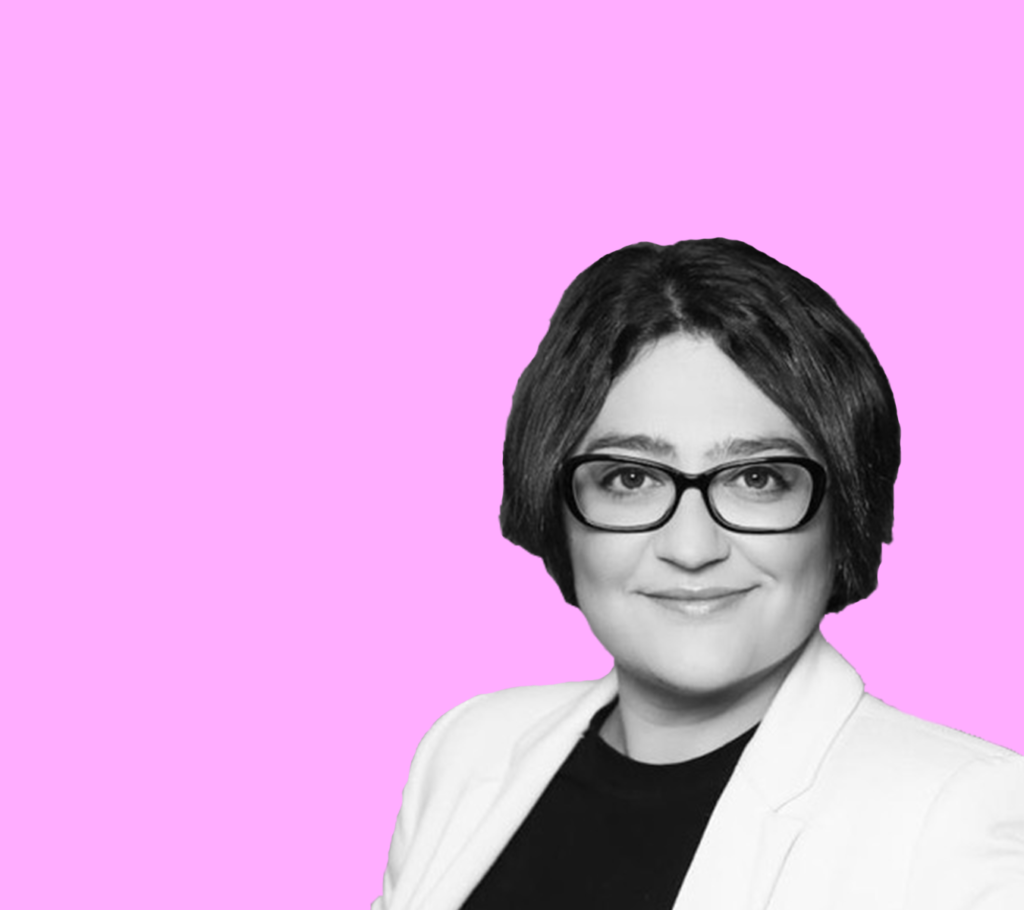Lecture Series on Arts, Cultures, Policies & Educational Practices #3
Postcolonialism and Arts Education: African Perspectives (S. Ravengai)
Nonprofit-Organisations and sustainable regional development on the example of the Bulgarian Chitalishte (M. Valeva)
The Belt and Road Initiative: Contemporary Cultural Projects in China (Y. Du)
Speakers: Prof. Dr. Samuel Ravengai (Zimbabwe/South Africa), Prof. Dr. Milena Valeva (Bulgaria) and Yongfei Du (China/Germany)
Moderation: Michèle Brand, Anna Luise Binder, Marlene Richert, Saskia Hornig and Jonas Pretterer

Samuel Ravengai is Associate Professor of Theatre and Performance at the University of the Witwatersrand, in Johannesburg, South Africa. He is particularly interested in the interconnection of race, nation, empire, migration and ethnicity with cultural production. Samuel Ravengai is a postcolonial/decolonial scholar who propounded a new theory, Afroscenology, which seeks to suggest ways in which theatre can be documented, theorised and decolonised.
Postcolonialism and Arts Education: African Perspectives
Arts education in Africa took a single Eurocentric perspective while alternative ways of knowing and artistic practice were side-lined if not ridiculed. In his lecture, Samuel Ravengai makes the point that each knowledge regime, albeit its deep embeddedness in institutional life, is contested within its own period by exploring African resistance to western artistic practice. Although the colonial knowledge regime leaves its traces in artistic practice, he makes the point that eventually it falls to a successor regime and in the case of artistic practice, to the emerging Afroscenology discourse. With regards to the latter, this lecture will discuss practical ways in which African ways of knowing and artistic practice have been and are being foregrounded in arts education and culture.

Milena Valeva is a multi-lingual professor in nonprofit management and sustainable regional development at Trier University of Applied Sciences. She is a founding member of the NGO Odyssey, a nonprofit organisation for regional development in Bulgaria, and she is an expert group member of the Education4Justice Initiative on Integrity and Ethics Modules for Higher Education at the United Nations Office on Drugs and Crimes. Milena Valeva also publishes in the fields of sustainable development, social innovation and ethical banking.
Nonprofit-Organisations and sustainable regional development on the example of the Bulgarian Chitalishte
This lecture introduces ‘chitalishte’, an alternative cultural institution which is historically anchored in Bulgaria. Although “chitalishte” is primarily state-funded institution, it does not refer to typical high culture institutions in Western Europe like theaters and museums. ‘Chitalishte’ has to be understood as a ‘cultural ecosystem’, aiming at socio-cultural and regional sustainability. It enables horizontal networking and stands for tradition as well as for innovation.

Yongfei Du is an enthnomusicologist, working as a researcher and teacher at various German universities, currently Hildesheim and Hanover. Her main research interests include cultural heritage protection for Chinese music, music in the Chinese diaspora in Germany as well as the transition and hybridity processes of different Chinese music genres. Yongfei Du also founded the Chinese Children’s Choir in Berlin and has organised many international musical activities for Chinese and German universities.
The Belt and Road Initiative: Contemporary Cultural Projects in China
For the Chinese Communist Party (CCP), cultures are the most important factors that impact economic growth, international trade, marketing, finance and politics. In a new era of governance, the Belt and Road Initiative (BR Initiative) was developed in 2013. This lecture will not only discuss the cultural values of the Chinese BR Initiative and the actual cultural projects within this foreign policy strategy but also address the questions ‘What is the central idea of Chinese cultural policy?’ and ‘What role does UNESCO play?’
This event will take place as part of the panel ‘Variety of Narratives in (Inter)national Cultural Policy: A Comparison between Different Regions’ at a symposium of the University of Hildesheim. The lectures will be followed by a discussion on the opportunities and challenges for international organisations in negotiating different narratives explored in the previous presentations.
Representatives of International Associations:
Ulrike Blumenreich (Coordinator of Compendium of Cultural Policies and Trends; Deputy Director of the Institute for Cultural Policy of the Compendium of Cultural Policies and Trends)
Dr. Peter Kettner (Head of Division Strategy and Planning Foreign Cultural Policy, Federal Foreign Office)
Dr. Roman Luckscheiter (General Secretary of German Commission for UNESCO)
Gitte Zschoch (Secretary General of Institut für Auslandsbeziehungen)
Moderators: Michèle Brand and Prof. Dr. Julius Heinicke
More infos about the symposium and the possibility to register for additional events: https://www.uni-hildesheim.de/antritt-heinicke-symposium/#c134089